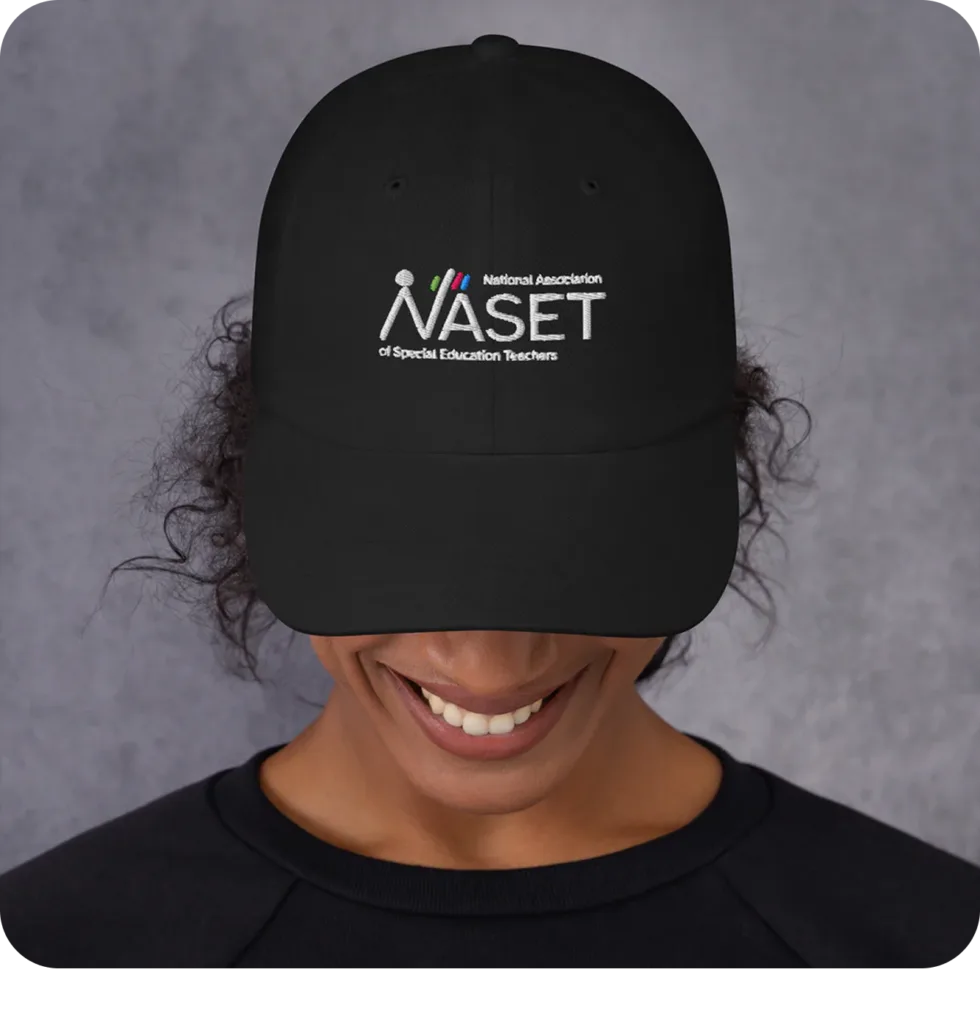Introduction
As a teacher of children with special needs there may be times when parents are not sure of certain terms that may be used in reference to their children or their child’s program. Having a glossary available allows parents to understand which is being said to them which reduces confusion and misunderstanding. The following Parent Conference Teacher Handout provides you with the basic information for parents that will facilitate communication about terms used in special education.
adaptive behavior – refers to the manner and effectiveness with which a child or adult deals with the social demands of his surrounding environment.
annual review – an annual review of a disabled child’s classification and educational program by the Eligibility Committee. The purpose of this review which includes the parent and sometimes the student, recommends the continuation, modification or termination of classification, placement or IEP needs and related services for the upcoming year.
adaptive physical education – specially designed physical education program for disabled children who cannot , as a result of their disability, benefit from the normal school program. This program is an individually designed program of games, sports, and developmental activities that are individually suited to the needs, interests, capabilities, and limitations of each disabled child.
aging out – the date upon which the disabled child will no longer be eligible for tuition free educational services.
approved private school – a private school which has met state and federal guidelines for providing appropriate services to disabled children and as a result appears on a state approved list from which public schools may enter into contract for services.
change in program (with reference to a disabled child) – refers to any change in any component of a child’s IEP.
change in placement (with reference to a disabled child) – refers to any change of educational setting from or to a public school, local special school or state approved school .
Eligibility Committee (sometimes referred to as the IEP Committee or the Committee on Special Education depending on the state in which you reside) – refers to the multidisciplinary team which oversees the identification, monitoring, review and status of all disabled children residing within the school district.
CPSE (Committee on Preschool Special Education) – refers to the multidisciplinary team which oversees the identification, monitoring, review, and status of disabled preschool children under the age of 5 .
impartial hearing officer – an independent individual assigned by the district’s board of education or commissioner of education to hear an appeal and render a decision. These individuals can in no way be connected to the school district, may have to be certified (depending upon state regulations), are trained and usually must update their skills.
independent evaluation – a full and comprehensive individual evaluation conducted by an outside professional or agency not involved in the education of the child.
individual psychological evaluation – refers to a full and comprehensive evaluation by a state certified school psychologist ( if the child is evaluated within the school district) or a licensed psychologist for the purpose of educational planning.
occupational therapy – refers to the evaluation and provision of services for disabled children in order to develop or maintain adaptive skills designed to achieve maximal physical and mental functioning of the individual in his/her daily life tasks.
paraprofessional – refers to a teacher assistant or aide in a special education setting.
preschool program – a special education program for disabled children who are not of public school age.
physical therapy – Treatment by a specialist under the supervision of a physician to students with motor disabilities
pupils with a disability – refers to any school age child (any child who has not attained the age of 21 prior to September 1) who, because of mental, physical or emotional reasons has been identified as having a disability and is entitled to special education services.
related services – refers to auxiliary services provided to disabled children including speech pathology, audiology, psychological services, physical therapy, occupational therapy, counseling services and art therapy.
resource room program – refers to part-time supplementary instruction on an individual or small group basis outside the regular classroom for disabled children .
special class – refers to a class consisting of children with the same disability or different dishabilles who have been grouped together as a result of similar educational needs and levels for the purpose of being provided with special educational services.
surrogate parent – refers to any person appointed to act on the parent’s or guardian’s behalf when a child’s parents are not known, unavailable or when he child is the ward of the state.
transitional support services – temporary special education services, according to a child’s IEP provided to students who are no longer classified as disabled and may be transferring to a regular program or to disabled children who may be moving to a program or service in a less restrictive environment.
triennial review – a full and comprehensive reexamination of a disabled child held every three years. This reexamination may include educational, psychological , medical or any evaluation deemed necessary by the Eligibility Committee in order to determine the child’s continuing eligibility for special education.
Download Information
To view or print this handout you have the following options:
View or Download PDF Version of “Basic Special Educational Law Terminology for Parents“ – PDF (Right Click and Choose Save)
View or Download MS Word Version of “Basic Special Educational Law Terminology for Parents“ – Word Doc (Right Click and Choose Save)
